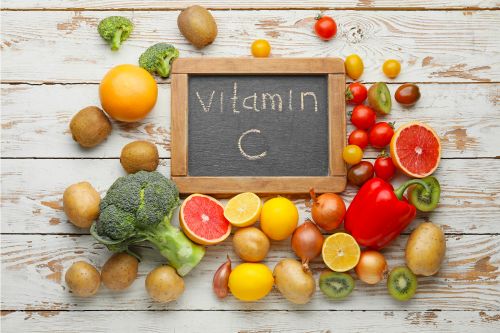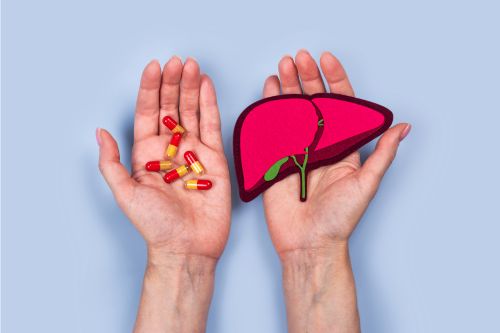3 Min Read
10 Tips For Great Digestion!

As a Naturopath, one of the most common questions we like to ask our patients is, “Do you have any digestive concerns”? Many will say “no issues with digestion!” However, as we delve deeper, it becomes quite apparent that this is actually not the case.
Most people become so accustomed to abdominal discomfort that they don't know life without it. Some common symptoms of digestive imbalances include: constipation/diarrhea, bloating, gas, acid reflux and/or nausea. These symptoms are a clear sign that your digestive system is not functioning at its best. Poor digestion can lead to decreased absorption of vitamins/minerals, skin issues and/or weight gain and many more.
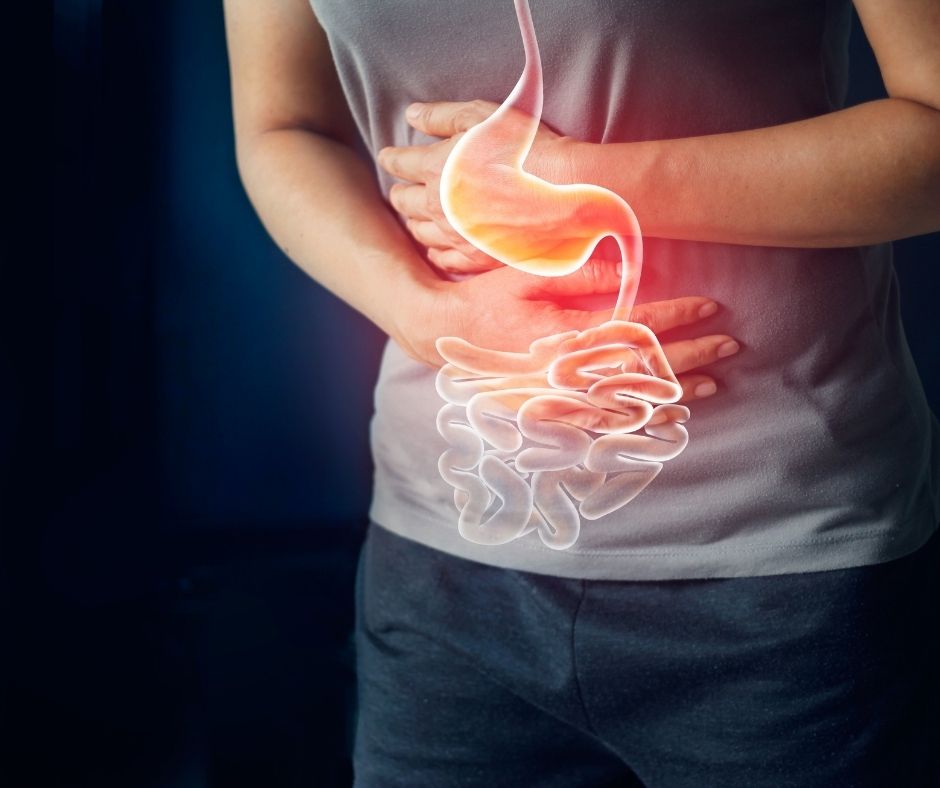
My goal for this article is to educate you on the process of digestion and little things we may be doing to impede the process. The Nervous System is most important when it comes to regulating digestion. It is comprised of two branches: Sympathetic and Parasympathetic. The Sympathetic Nervous System is involved with the fight-or-flight response. It diverts blood flow into the extremities and away from the digestive tract. The Parasympathetic Nervous System counteracts this effect and slows the heart rate and increases intestinal activity. Digestion is stimulated by the Parasympathetic system and inhibited by the Sympathetic. This simply shows how important the mind is when it comes to digesting food.
Here are 10 simple solutions to help digest your meals better and minimize any possible discomfort:
1. Wind down
- We are always on the go, whether it be errands, deadlines or appointments – just slow down. Take 2 minutes to focus on your breathing and calm your mind before a meal. Take 3 deep breaths in through your nose and out through your mouth. This helps to stimulate the parasympathetic system and divert blood flow into the digestive tract getting it ready for a meal.
2. De-stress
- Stress causes digestion to shut down through increases in cortisol levels.
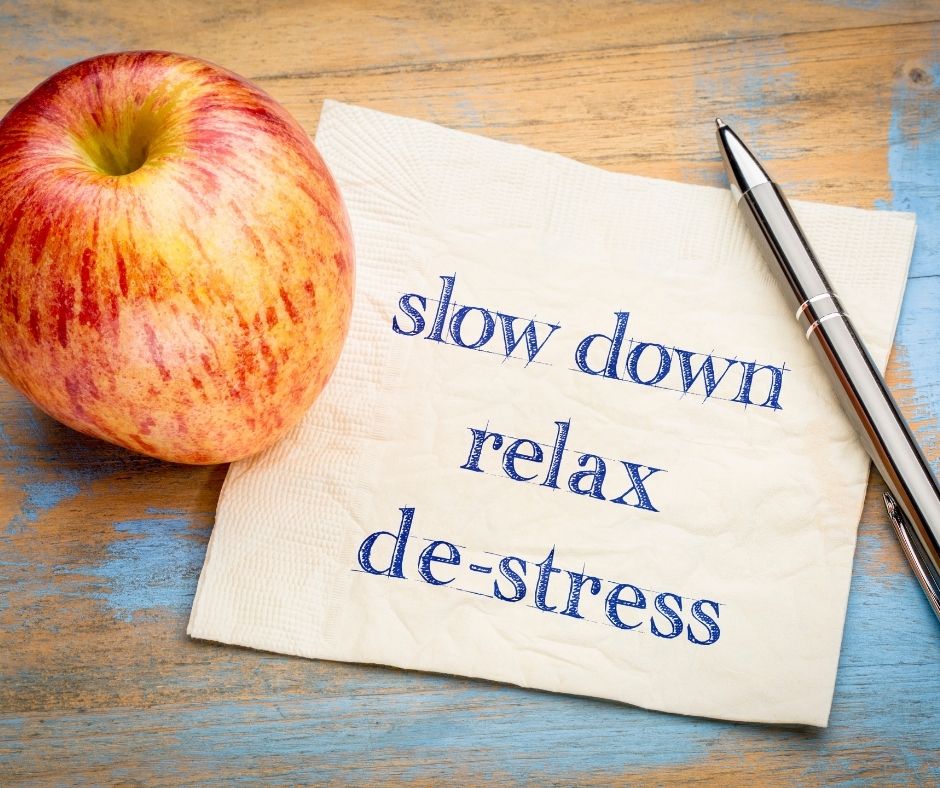
3. Sit down and eat your meals
- So many of us are eating on the go, eating while watching TV, eating while doing work, eating while on our phones. Take the time to sit down and enjoy your meal void of any distractions.
4. Maximize your senses
- Engage in mindful eating. By this, I mean look at your food, notice the colours, smell the food. This stimulates digestive juices to flow prior to even chewing.
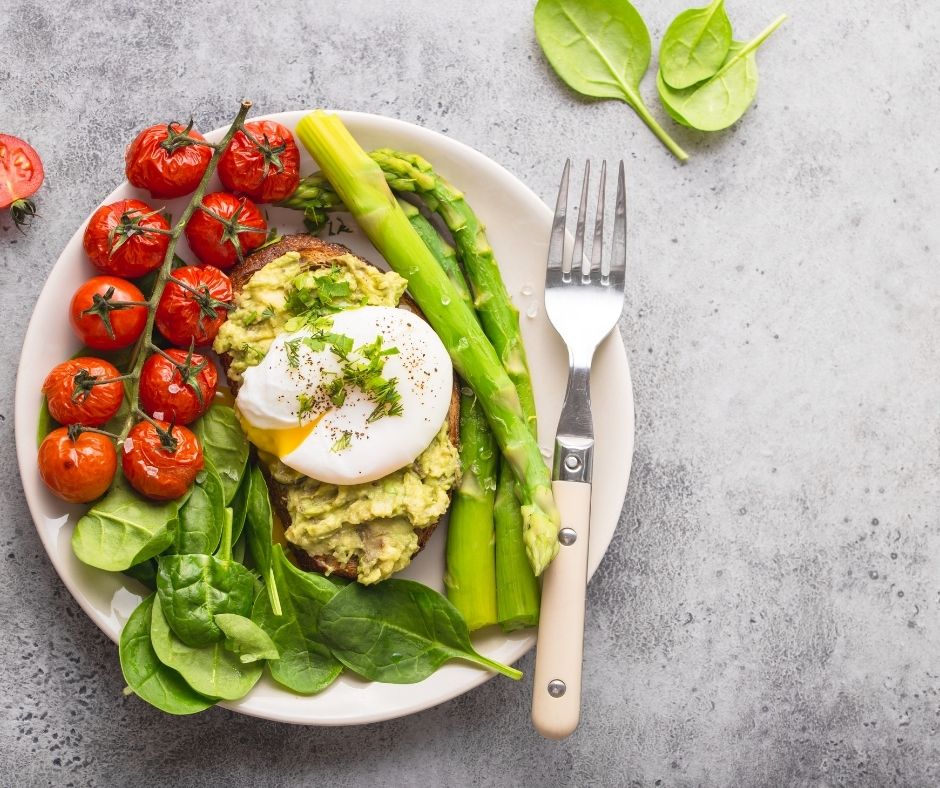
5. Chew more
- Aim to chew 20-30x per bite before swallowing. This helps to eradicate bloating after meals
- I also want to mention that digestion begins in the mouth, not the stomach. Chewing is part of mechanical digestion, which involves enzymes and saliva that start doing their job as soon as food enters the body

6. Engage in conversation
- This forces you to slow down while eating

7. Be cognizant of the types of food you are eating
- Eating fast foods and processed foods several times a week will not result in optimal digestion. If you do have issues such as, indigestion, gas, bloating, etc. take a good look at the types of food you are eating. It is sometimes helpful to keep a diet dairy in aim to visualize eating patterns.
8. Relax after a meal
-
Refrain from engaging in stressful physical activity post-meals. It will only divert blood away from the gut and impede digestion

9. Peppermint and chamomile tea
- These are great after large meals for digestive discomfort!
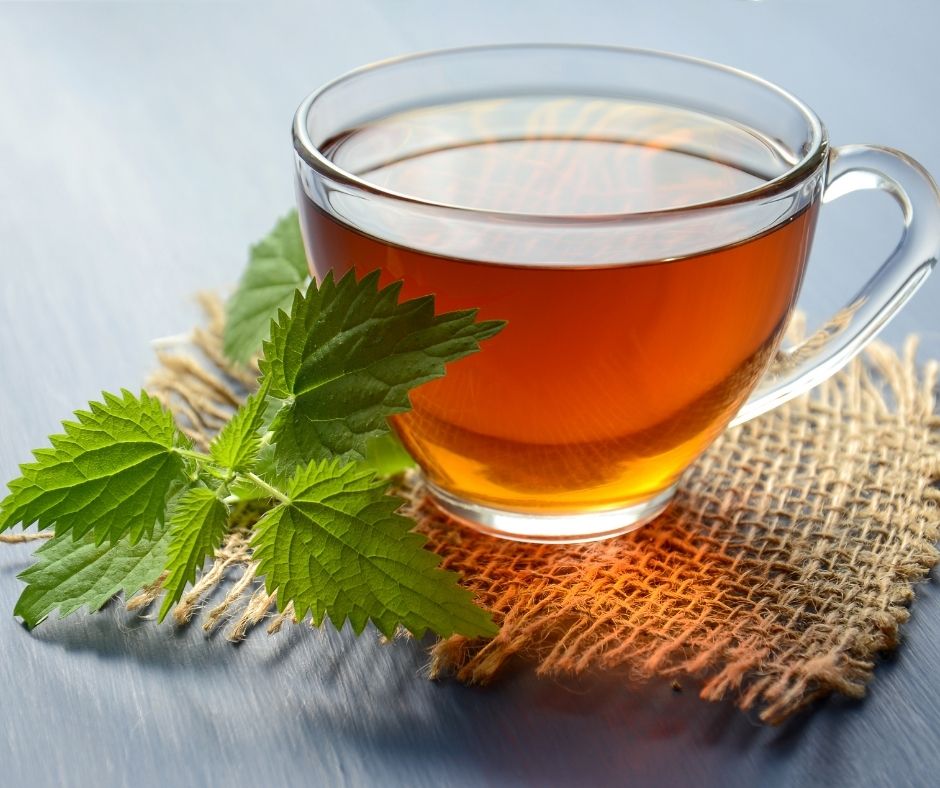
10. If the above suggestions just aren’t doing it for you and you just need a little extra support, try the following digestive aids:
-
Apple cider vinegar – Mix 1-2 teaspoons with water before a meal to increase stomach acid
- Biters – Help to increase digestive secretions (acid, bile, enzymes). Try the St. Francis Canadian bitters
- Digestive enzymes – Enzymes help to cut food into smaller pieces so that food can be absorbed into the GI tract. These are normally produced in our bodies, but external support can also help. Be sure not to abuse these as your body will start relying on them
- Carminatives – These are herbs that help to relieve flatulence and gas in digestive system, such as chamomile, peppermint, cumin, ginger or fennel. Make sure to have these 30-45 mins after a meal
**Disclaimer - The advice in this article is for informational purposes only. It does not replace the care of a Naturopathic physician.
Blog Written By: Dr. Saira Kassam | 2019
